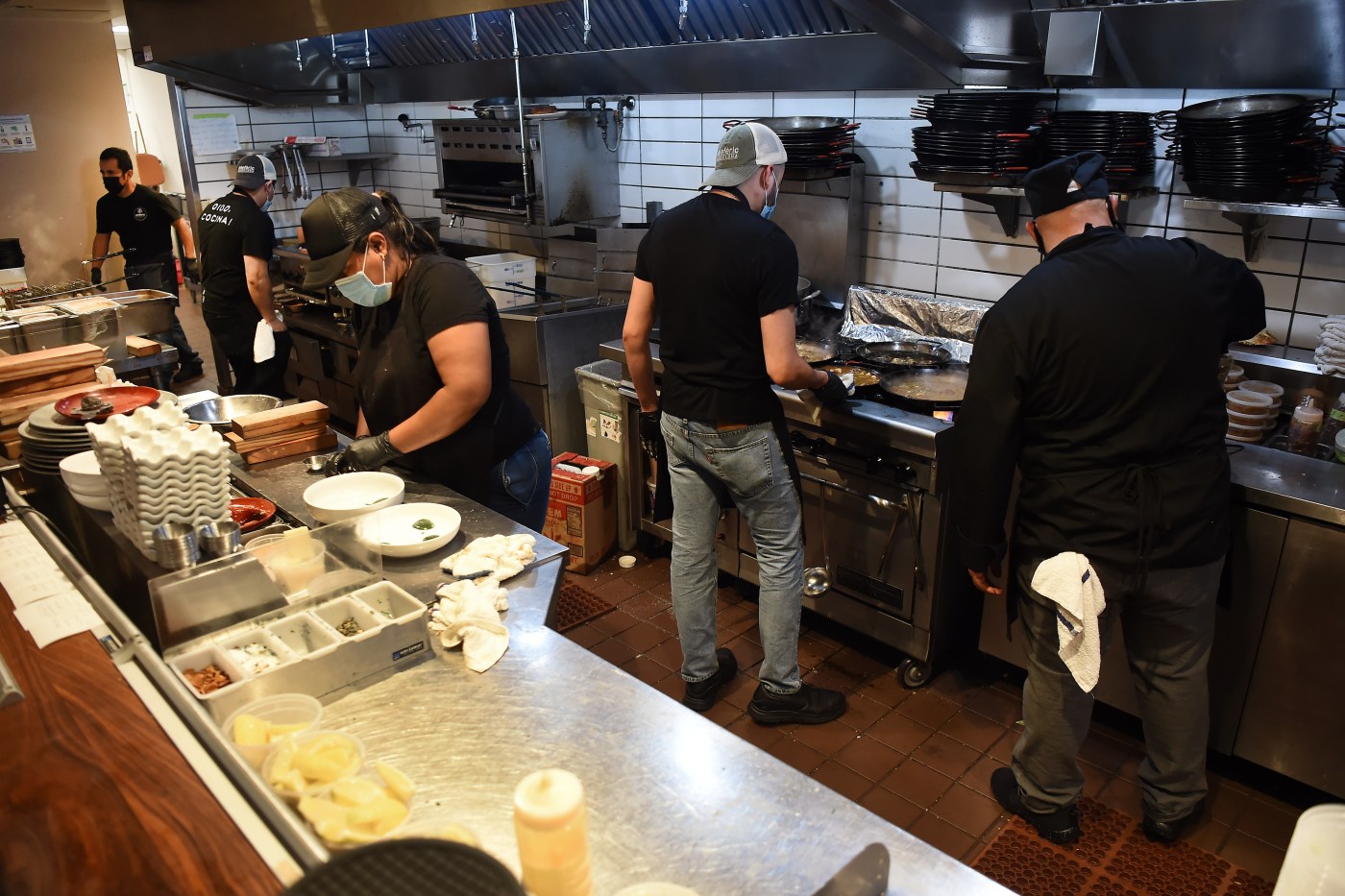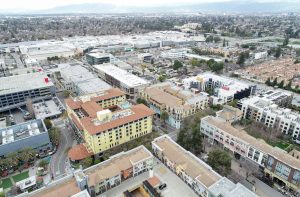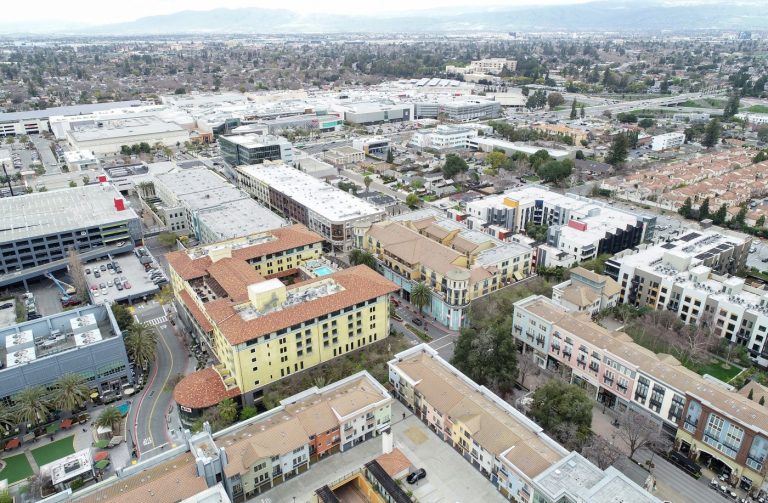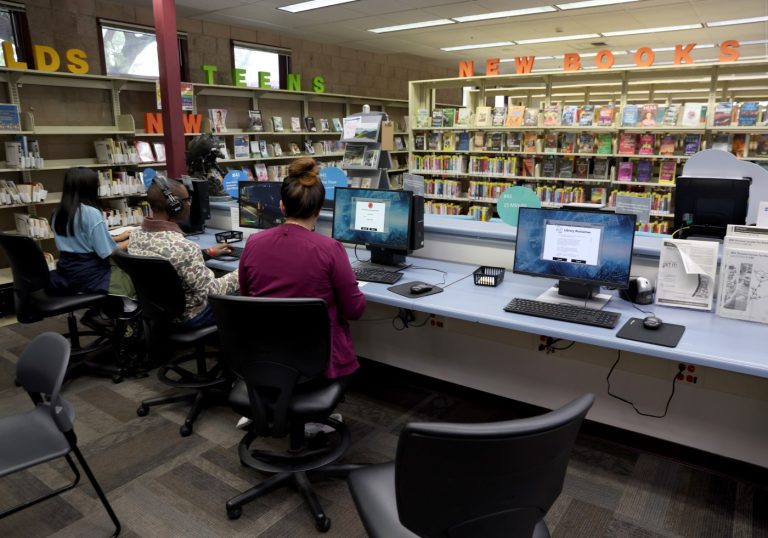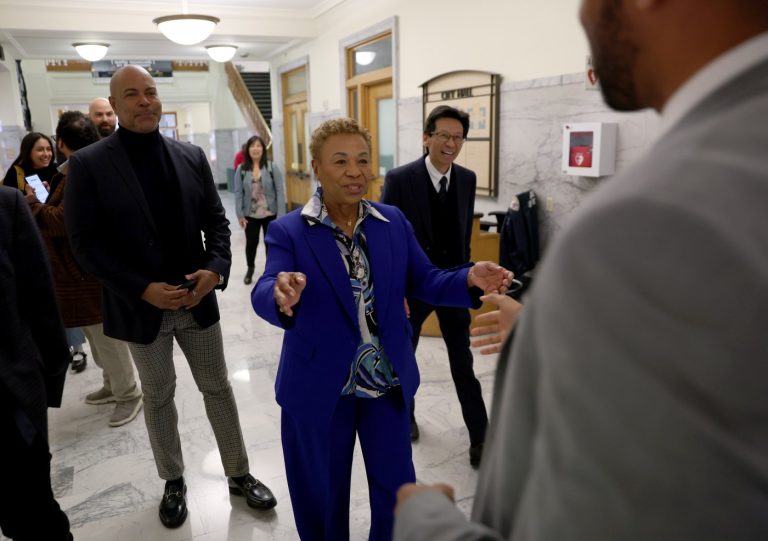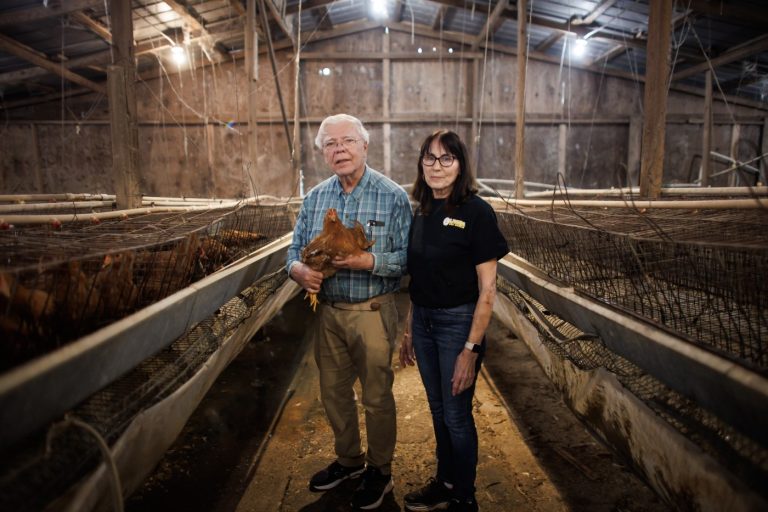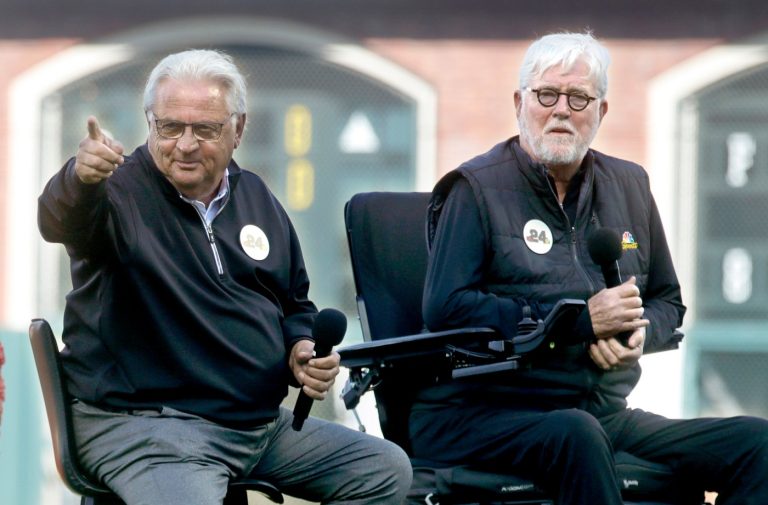Click here for a complete list of our election recommendations.
California is an incredibly beautiful place. It’s a very expensive place, too. When you’re at the bottom of the food chain, it can be close to impossible to survive here.
I’ve made it 15 years in California working in the food industry alongside other Latinos who struggle to stretch every single paycheck and still can’t cover the basics. Now 59 years old, I’m an advocate at The Street Level Health Project, doing outreach with hundreds of day laborers who hope for just one more day of work to pay for one more day of food.
I know all-too-well what a single dollar can do to improve the living conditions of the people who keep California running. That’s why I know that passing Proposition 32 and increasing the minimum wage to $18 over the next two years has the potential to change lives.
In the back of every restaurant, the days are long and the work is intense. I spent hours on my feet without breaks, lifting boxes, cooking and cleaning. Still, I had to take multiple shifts just to cover rent — and I certainly wasn’t the only one.
Many of my coworkers weren’t comfortable with the language, the technology and the systems required to navigate getting better jobs or advocating for themselves to improve the ones they had. I’m lucky to have started learning English early in my life with the help of an aunt who worked for an English-speaking family in Mexico. But still I was never promoted to front-of-house work in my many years in the food service industry. Like so many people, I was stuck, grateful for a job but not earning enough to move beyond survival as the costs of housing, food and gas kept rising.
Day laborers have it even harder. Every day in Oakland, I count between 200 and 300 people waiting for the opportunity to work. Our outreach team provides education about their rights, and on some corners workers have self-organized not to accept subpar wages. They are forced to choose between accepting less than they deserve and getting nothing at all.
They often don’t want to speak up because they don’t want to lose what little they have. But I will: California’s workers deserve more.
A few extra dollars
Prop. 32 would increase the statewide minimum wage from $16 to $17 this year, and to $18 in 2025. Smaller businesses would get an extra year. Almost 40 cities in California already have wages set above the state minimum, so it’s beyond clear that the current minimum wage isn’t high enough. For a single adult to cover all the basics in California, MIT calculated that they’d have to make $27.32 an hour.
With just a few extra dollars, minimum wage workers could afford to eat healthy food — not just KFC or McDonalds, but real fruits and vegetables. They could pay for something as basic as getting the internet at home, or a TV. These are the simple things minimum wage workers just can’t afford right now.
Sometimes we joke about vacations we can’t take and tell each other, “Oh I went to Hawaii last weekend.” We have to have a sense of humor and we have to be creative because the tough reality of our lives can be hard to comprehend. Our children often ask why they don’t have internet like the other kids they go to school with.
Some say that increasing the minimum wage would make restaurants and other businesses fire workers and cut hours. I understand this concern firsthand. Before the $15 minimum wage increase, I attended a local meeting where, on one side of the room, workers like me spoke in favor of the increase. On the other side, business owners tried to convince us it was a bad idea, showing us their costs and threatening to decrease our hours.
After the increase passed, my boss reduced our hours. Some of my coworkers felt guilty for advocating for the increase. Others were worried about their livelihoods.
Workers are vital
But very soon, my boss restored everyone’s hours because he needed us. Workers are critical to California’s businesses. These arguments are intended to confuse and suppress people who are struggling financially, working themselves to the bone while facing the threat of retaliation if they speak up for their interests. But the truth is our work is vital, and if and when we get a raise, the additional money goes straight back into the community, which means fewer people in need of assistance and more children with access to what they need to thrive.
Related Articles
Opinion: Raising minimum wage won’t make California any more affordable
Letters: EVs’ emissions | Fremont school board | Acalanes board | Measure S | Climate voter | Better off
Letters: Torres out | WVMCCD board | Infrastructure needed | Conversion unaffordable | Ignorant on tariffs
Trump ad hits Harris’ handling of robber who later murdered Oakland editor, slain man’s sister calls it unfair
Rep. Adam Schiff and Steve Garvey face off in California’s US Senate race. Meet the candidates
I’m sharing my story now in the hopes that Californians will cast their vote for workers like me. We are struggling to survive and we are struggling to be heard.
It’s an open secret that, in the system we live in, a great number of the people who will benefit most from this wage increase cannot vote for it themselves — they need other voices and votes to push Prop. 32 forward and help put a few more dollars in the pockets of every worker in the state.
And, it will give day laborers and other untraditional contract workers something to stand on to help advocate for more dignified pay. Prop. 32 is an important step toward a thriving and sustainable California for everyone.
Victor Moreno is the day laborer employment advocate for the Street Level Health Project. He wrote this column for CalMatters.
